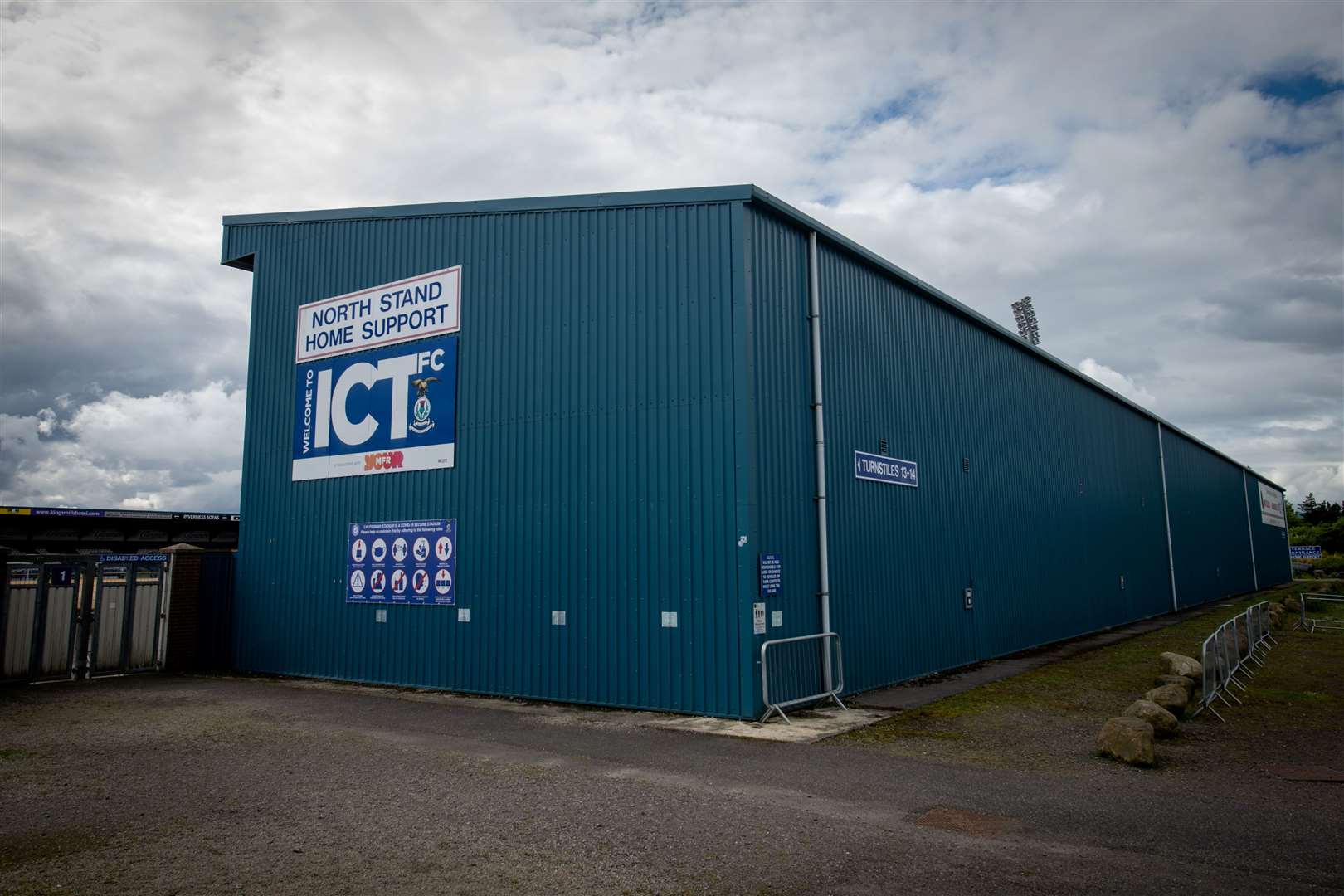
Gerry Poirier is CEO and Founder of AngeLink, the leading female-powered crowdfunding platform, 2024 Best New Marketplace.
Financial disparity remains a significant challenge for many Americans, particularly for women. With 78% of U.S. households living paycheck-to-paycheck, most are unable to afford an unexpected $500 medical bill. What’s more, women bear the brunt of this financial pressure, with the majority of paycheck-to-paycheck households being female-led. High interest rates, skyrocketing rents and inflation have further compounded the financial strain, especially for single mothers, who head 80% of single-parent households.
Additionally, nearly 60% of adults in the United States feel uneasy about their emergency savings. Coupled with record-breaking years of billion-dollar weather disasters and rising inflation, women-led households are being left further behind than ever before.
Despite their critical role, the fintech space has largely failed to address women’s unique needs. The crowdfunding market, currently valued at $166.95 billion, is driven by increasing local, national and global demand for online fundraising. As more people discover how peer-to-peer crowdfunding can be a fast and efficient way to raise money in emergencies or times of need, the market will continue to grow.
Why Your Story And Mission Matter
I built my career in the finance world, working for over two decades on Wall Street. But my passion for creating change stems from my childhood. My grandmother, Annie, dedicated her life to helping orphans in her small rural community. Annie’s tradition of delivering gifts to underprivileged children during the holidays left a lasting mark on me, sparking my lifelong mission to pay it forward. It was this drive that eventually led me to found AngeLink.
My vision extends beyond simply offering a crowdfunding platform. Our core mission is to provide women and underserved communities with a safe, secure and trusted way to raise money quickly and easily with an empathetic and caring community.
To business leaders, I encourage you to look within your own story to find what drives you. Reflecting on the values and experiences that have shaped you can uncover powerful motivations to fuel your company’s mission. Maybe you have a family tradition of service, or perhaps you faced challenges early in your career that taught you the importance of resilience or empathy. These personal experiences can guide you in building a brand that resonates with both your team and your customers.
To deliver customer-centric value, you must start with a commitment to inclusivity. In my case, I noticed that women and marginalized communities face disproportionate barriers to financial support, so I built a platform that centers on their needs.
This approach is about more than adding helpful features—it’s about fundamentally understanding your customers’ struggles and aspirations. By keeping people at the heart of your decisions, you build not only a product but a community that resonates with your vision and mission.
Changing The Narrative For Women In Fintech
My experience in financial services has been instrumental in securing investments, enabling the company to grow rapidly and attract attention from prominent partners. However, women’s representation in the fintech space still needs to be improved.
Women in fintech are making significant strides, but gender disparities persist. As of 2023, women make up only 30% of positions in the fintech sector, a stark contrast to their male counterparts.
Additionally, women-led fintech companies face funding challenges. According to PitchBook, women founders received just 2.4% of venture capital funding in 2024, although women-led businesses have been shown to generate higher returns on investment in some studies.
For any founder—especially female founders or those leading women-focused ventures—building partnerships and securing funding requires strategic approaches and adaptability. Here’s what I’ve learned:
• Cultivate a clear vision. Investors and partners respond to an authentic mission. It is invaluable to articulate how your product or service uniquely meets a market need, especially when that vision uplifts underrepresented groups.
• Leverage mentorship and networking. Seek out organizations dedicated to supporting women entrepreneurs and founders. These networks are not only supportive but can open doors to funding and partnership opportunities. Organizations focused on female empowerment, for example, offer unique insights into navigating challenges and balancing growth with mission alignment.
• Prioritize strategic listening. Often, it’s about tuning into feedback and recognizing patterns that others might overlook. I’ve found that listening carefully to advisors, mentors and even critics has enabled me to fine-tune our pitch and strengthen our platform’s core value propositions.
• Build an inclusive culture. For other fintech leaders wanting to support female representation, it starts with an internal commitment. Foster an inclusive work environment, elevate diverse voices and ensure that your mission resonates internally before expanding it outward.
Many overlook that investing in women-led tech companies isn’t just about promoting equality—it’s a smart strategy that offers higher returns and lower risks, particularly with women comprising 43% of entrepreneurs globally and 85% of all consumer purchases.
My ultimate goal is to change the narrative around gender equity and financial access. Bridging the gender gap in leadership roles, funding and career opportunities will be crucial to creating a more diverse and inclusive fintech ecosystem.
If women’s financial access is improved, women’s lives and downstream outcomes for families and society as a whole can be better impacted. Investing in women is, and continues to be, the way forward.
Forbes Technology Council is an invitation-only community for world-class CIOs, CTOs and technology executives. Do I qualify?



